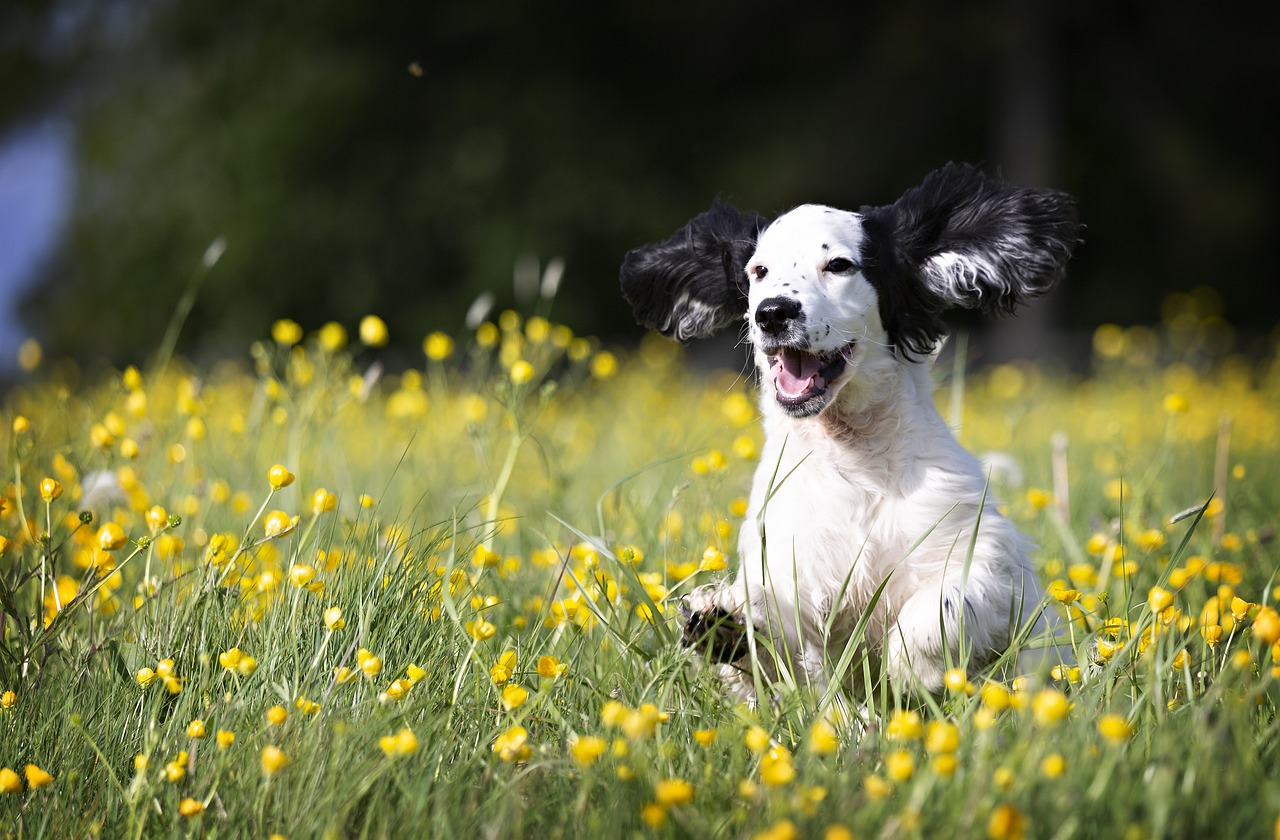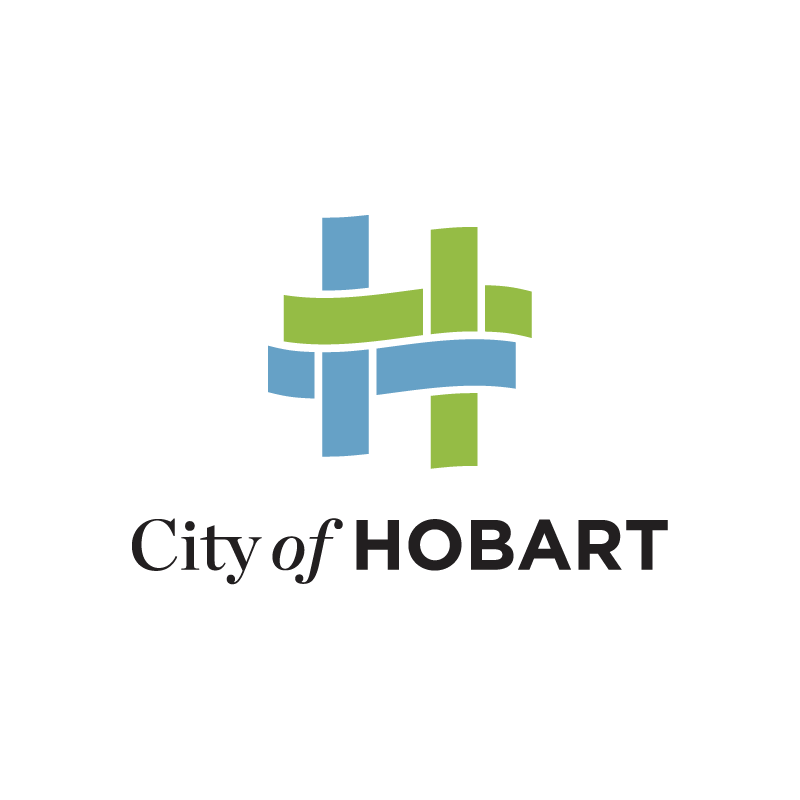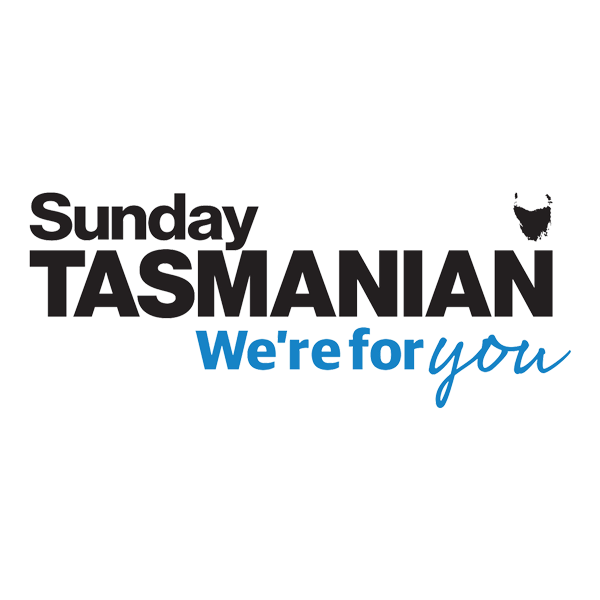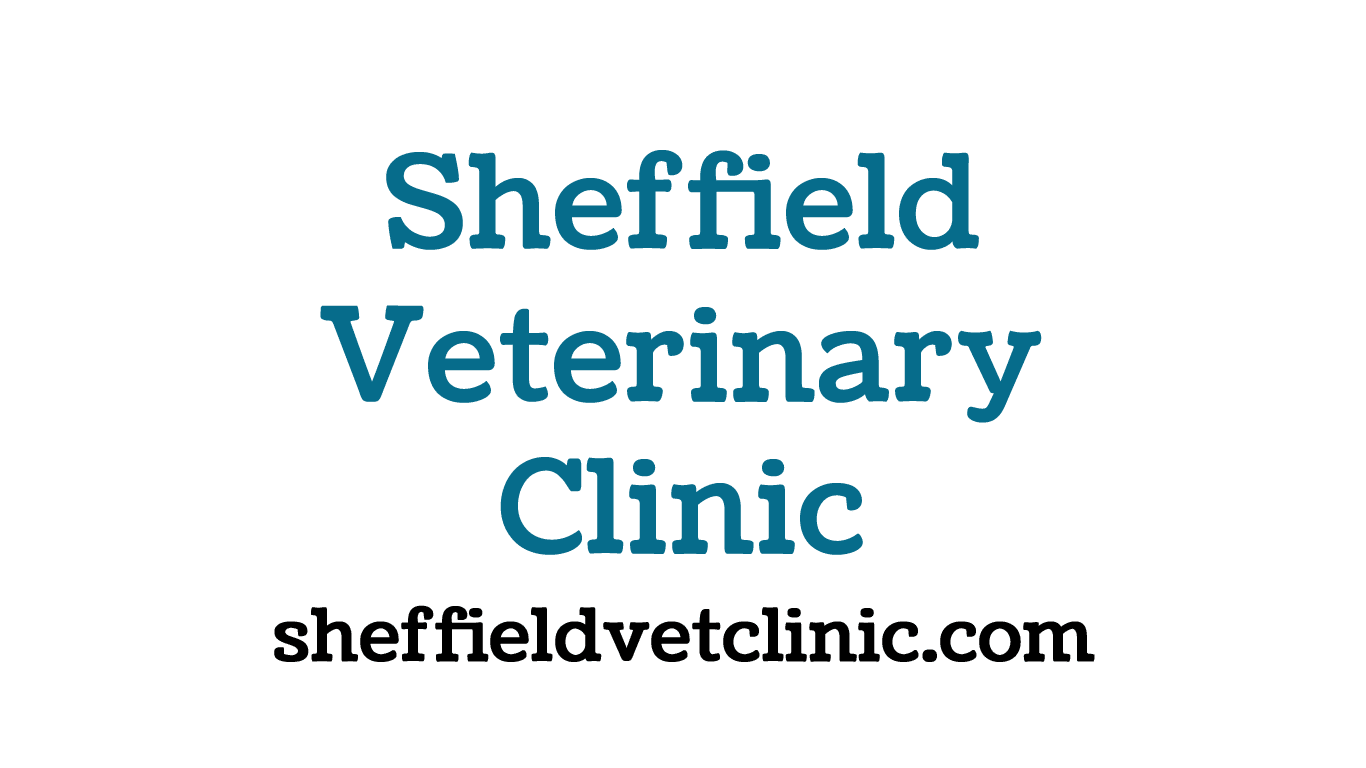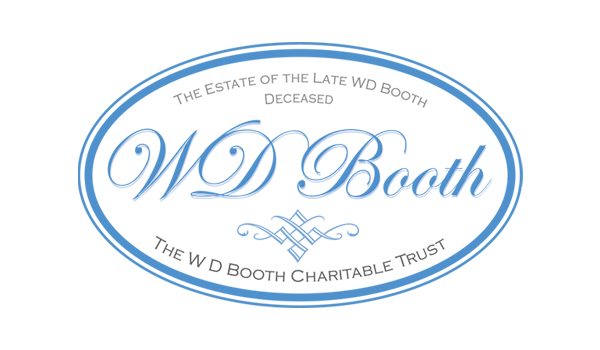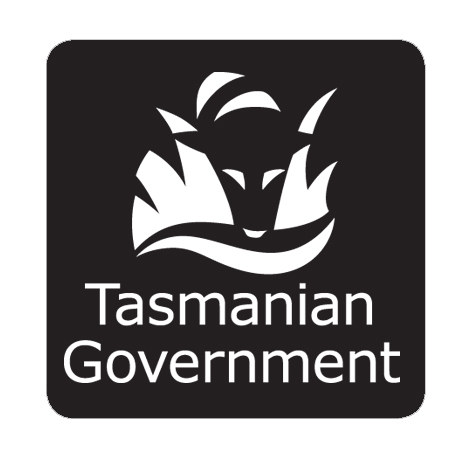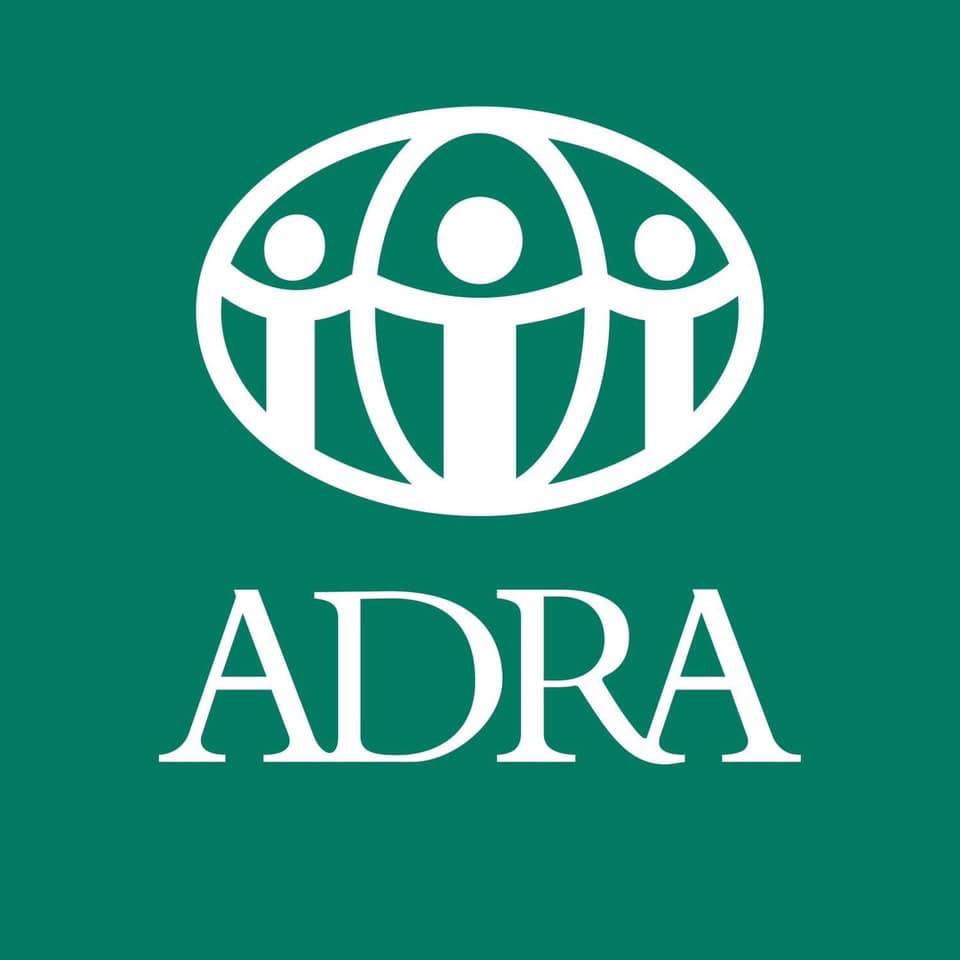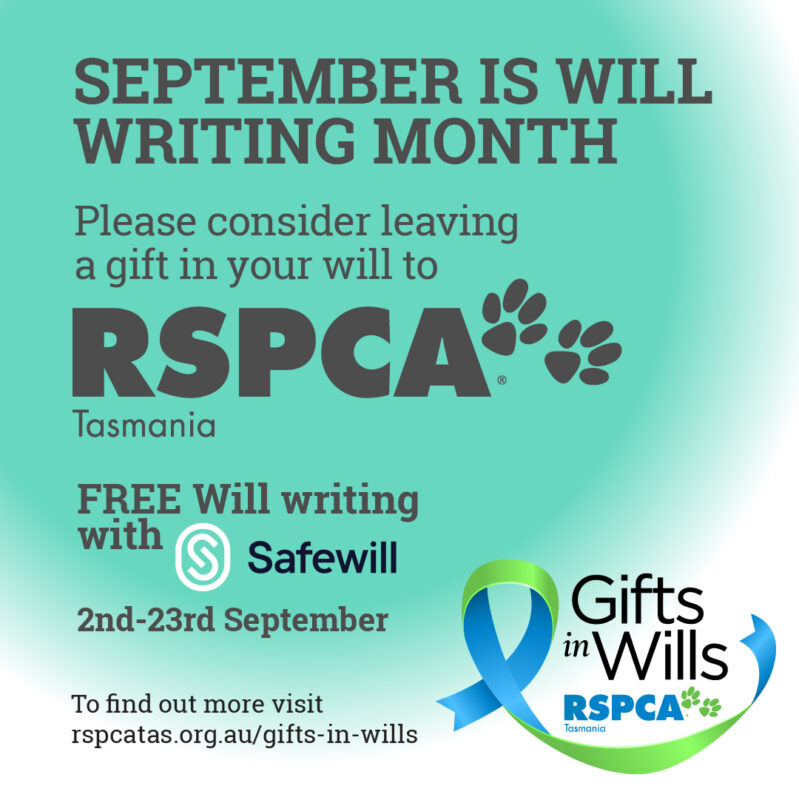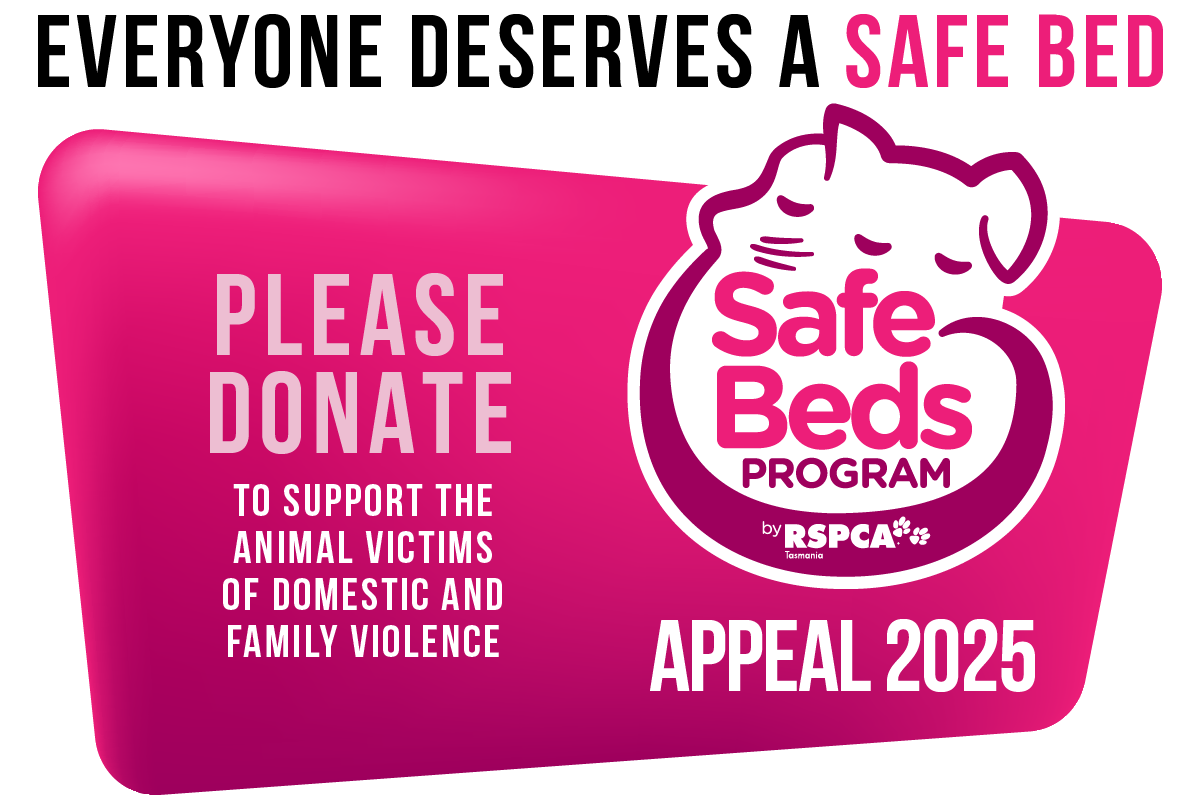Some advice on caring for your dog
Keeping a pet dog is a huge commitment and responsibility; they require shelter, a balanced diet, daily exercise, veterinary care and training.
Upon bringing a new dog into your family there are many things you will need to consider. A good place to start is by taking your dog to the vet to make sure that all of their vaccinations are up to date and to talk about the basics of dog care.
In the meantime, some important things to consider are set out below.
Housing
Dogs should be provided with a clean, comfortable and safe environment which meets their behavioural and physiological needs.
Where dogs have access to an outdoor backyard area this must be escape-proof and include sheltered areas to protect the dog against weather extremes such as the wind, rain, cold, heat, sun etc.
If your dog indicates that they would prefer to sleep indoors and where this is possible and safe to do so you may decide to allow your dog to sleep indoors. Avoid leaving a dog with children unsupervised.
If it is not possible to allow a dog to sleep indoors, a well-built, well-furnished and weatherproof kennel should be provided. Kennels should be warm, dry and draught-free, off the ground near the house, and not in a thoroughfare.
The kennel should be protected from rain and excessive sun. Ideally the roof of the kennel should be hinged to make cleaning easier. Washable rugs, cushions or blankets should be used for extra comfort and warmth and bedding should be cleaned regularly.
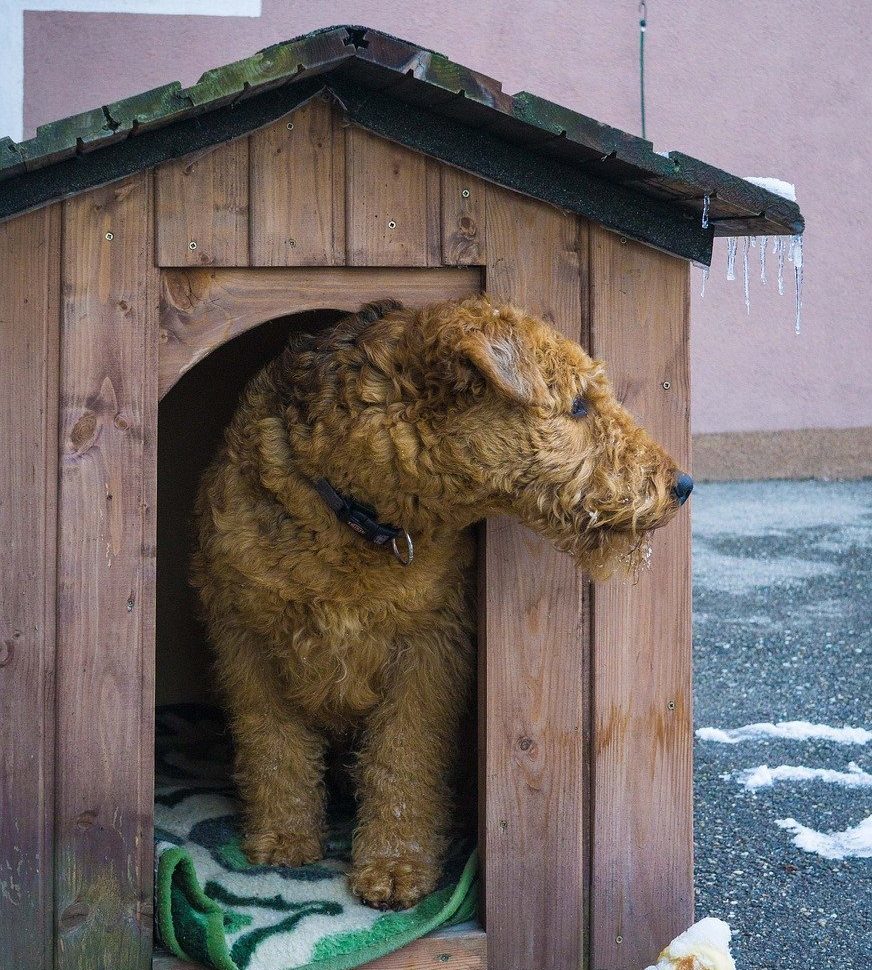
Nutrition
Dogs require a properly balanced diet that is tailored to their size, age and any health conditions they might have. Dogs should be fed a high quality premium commercial food. Feed adult dogs at least twice a day.
RSPCA partners with Royal Canin to ensure the animals in our care have optimal nutrition.
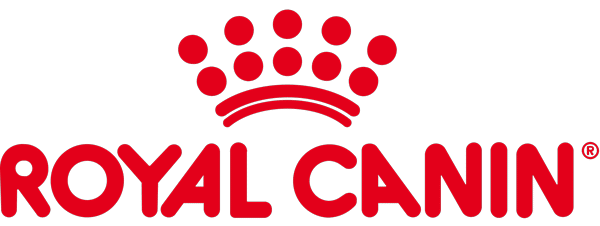
Basic dog feeding guide
The following information is general advice, but as each dog is an individual, seek veterinary advice, particularly if your dog has any special dietary needs or has a reaction to a standard diet.
The basis of your dog’s diet should be a high quality balanced premium commercial dog food that is appropriate for their life stage (puppy, adolescent, adult, pregnant, senior) and health status. By reading the label, you can check that it complies with the Australian Standard for the Manufacturing and Marketing of Pet Food AS5812:2017 [1].
The amount of food required will depend on your dog’s size, breed, age and level of exercise, but take care not to overfeed or underfeed. Your vet will be able to weigh your dog, assess your dog’s body condition score and provide advice.
To avoid bloat, which can be fatal, adult dogs should be fed at least twice a day and should not be exercised immediately before or after eating. This applies particularly to deep-chested dogs such as Boxers and German Shepherds. Fresh drinking water must be available at all times but do not offer your dog milk as this can cause gastrointestinal upsets.
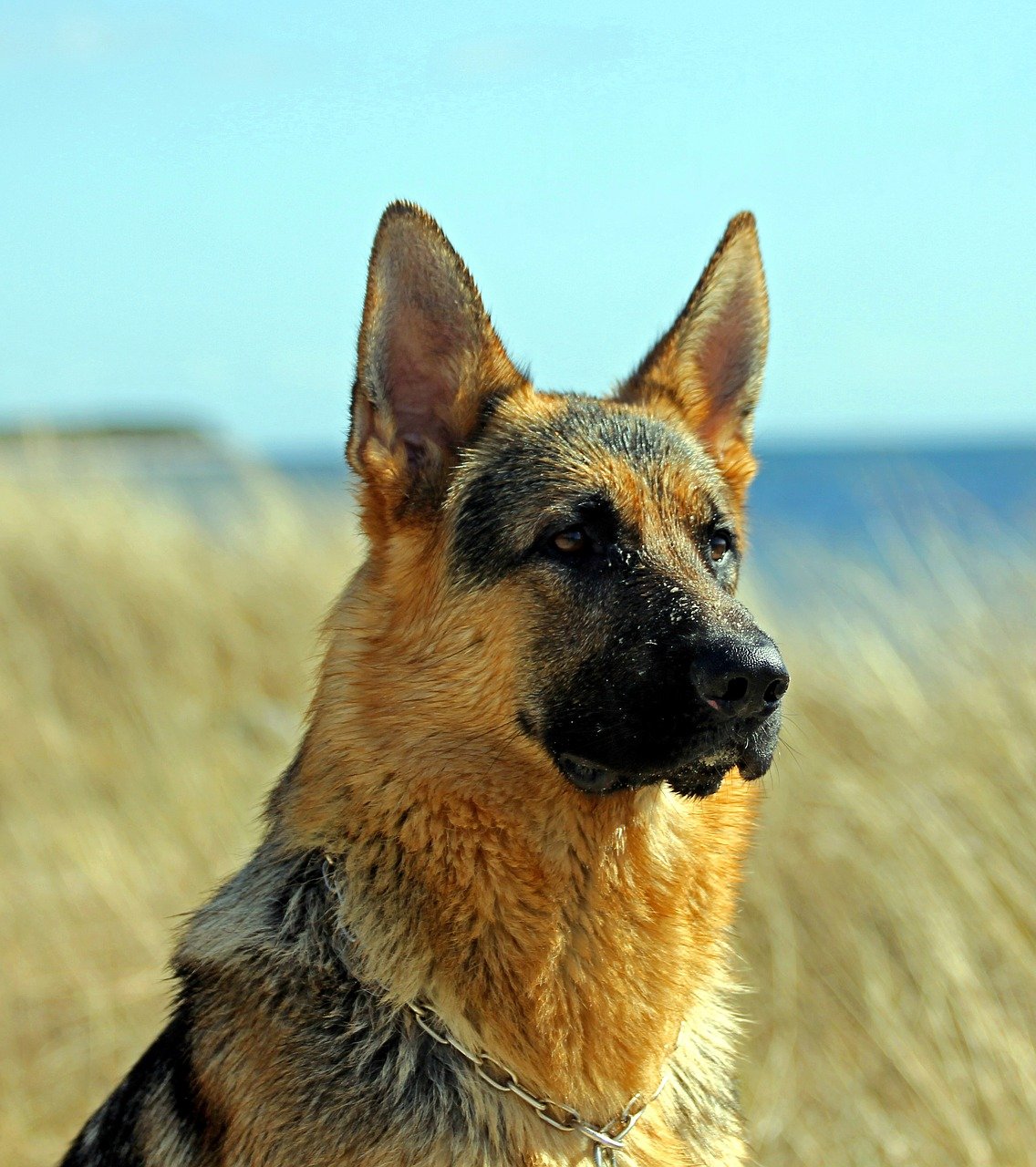
Feeding bones
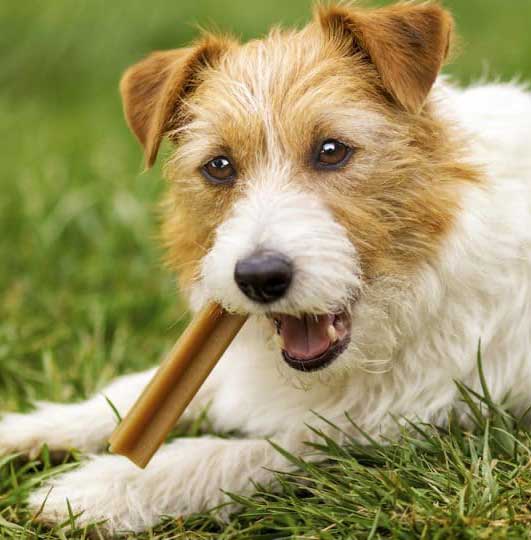
Other foods
Dogs may be offered fish (such as tinned fish – sardines, tuna or salmon) as an occasional treat, but fish should not be fed constantly. Take care to avoid fish bones and choose fish canned in spring water rather than oil or brine.
Dogs may also be offered a small amount of cooked vegetables such as pumpkin or carrots. A small amount of plain cooked pasta or rice may also be offered.
Cooked meat, such as boiled chicken or lamb, may also be offered, but ensure there are no cooked bones and no onions/onion sauces or other toxic substances present (see below). As mentioned above, raw meat and bones carry bacteria that can make both animals and humans ill and so are not recommended.
However, if you do decide to feed your dog any raw meat or raw bones, it is recommended that you choose only human-grade raw meat and bones. You should avoid raw meat products marketed as pet food (pet meat/pet mince/pet rolls and bone products), sausages, sausage meat and cooked manufactured meats as they can contain sulphite preservatives.
There have been many pet food safety incidents linked to sulphite preservative-induced thiamine (Vitamin B1) deficiency, which can be fatal. See this article for more information.
You should make sure your dog has access to grass (avoid chemically treated grass and toxic plants). Dogs will sometimes eat grass, which may provide a source of vegetable matter and micronutrients.
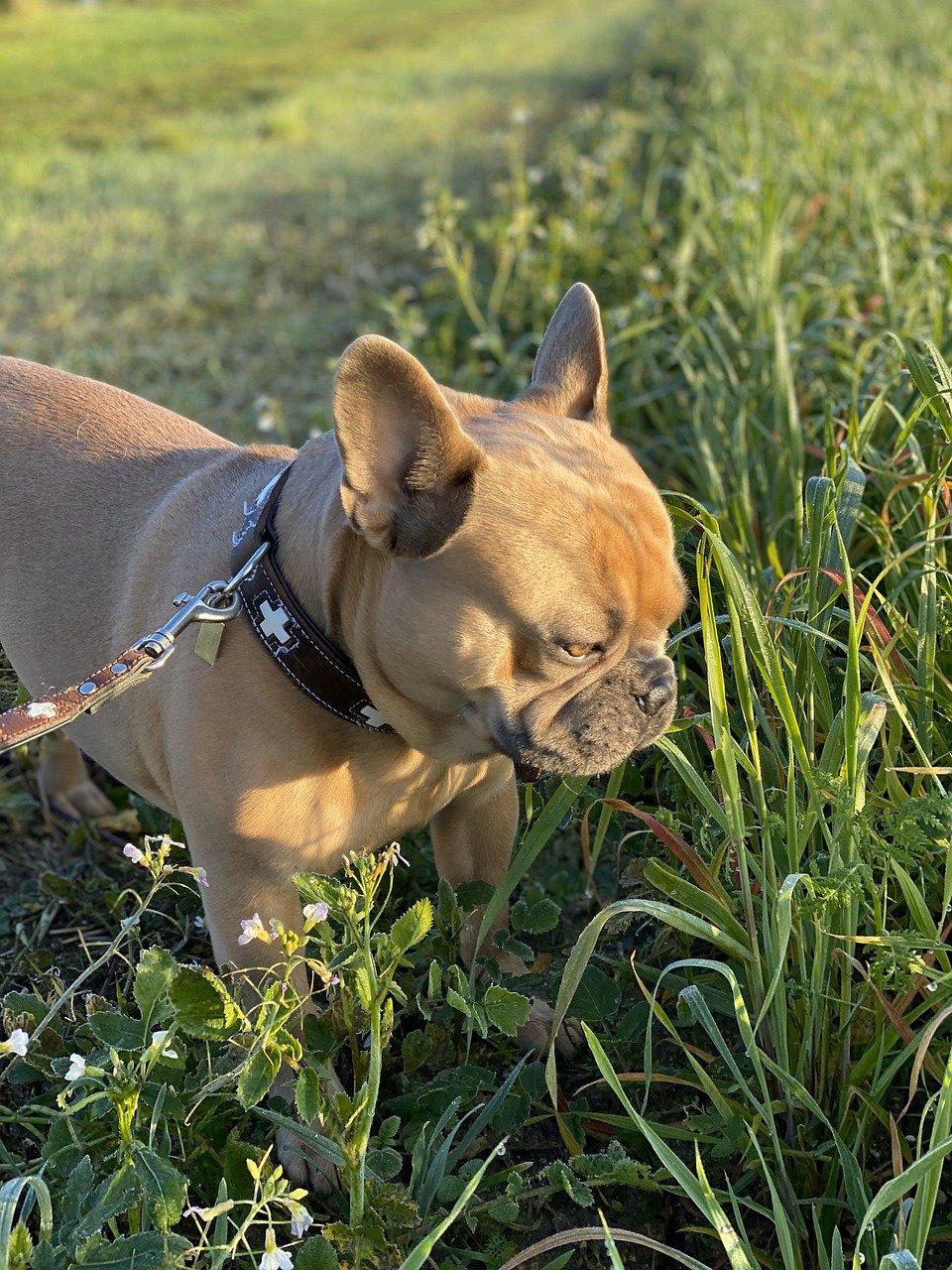
Toxic foods
Do not ever feed the following substances as they are toxic to dogs (note this is not a complete list):
Alcohol, onions, onion powder, garlic, chocolate, coffee or caffeine products, mouldy or spoiled foods or compost, avocado, bread dough, yeast dough, grapes, raisins, sultanas (including in Christmas cakes etc), currants, nuts (including macadamia nuts), fruit stones or ‘pits’ (e.g. mango seeds, apricot stones, avocado stones), mushrooms, and fruit seeds.
Also, never feed the following as these can be dangerous for dogs:
Corncobs, green unripe tomatoes, cooked bones, small pieces of raw bone, fatty trimmings/fatty foods, salt and roughly-cut vegetables.
Also ensure your pet dog doesn’t have access to string wrappings around rolled roasts or absorbent pads found under meat when wrapped on trays.
You may wish to hide some food in puzzle toys so that your dog is encouraged to work for his snack. Ensure that your dog always has an adequate supply of fresh, clean water.

Basic puppy feeding guide
Puppies are largely carnivores but will also eat some plant-based foods. Puppies naturally wean off their mother’s milk at around 8-12 weeks of age. Wild dogs feed their young with prey animal carcases. In the wild, when young dogs are old enough (around 7-8 weeks old) they start to eat on their own whilst simultaneously decreasing the amount of milk they suckle from their mother.
The following information is general advice, but as each dog is an individual, seek veterinary advice, particularly if your puppy has any special dietary needs or has a reaction to a standard diet.
The basis of your puppy’s diet should be a high quality balanced premium commercial puppy food that is appropriate for their life stage and health status. By reading the label, you can check that it complies with the Australian Standard for the Manufacturing and Marketing of Pet Food AS 5812:2017 [1].
Puppies should be offered food at least 4 times per day to begin with, gradually reducing the number of meals as they grow (adult dogs should be fed at least twice per day to help avoid bloat, which can be fatal).
It is important not to underfeed or overfeed puppies. Research indicates that overfeeding puppies (particularly large and giant breeds) can predispose them to muscle and bone problems. Your vet will be able to advise you on how much and what to feed your puppy.
Take your puppy to their vet regularly; they can weigh your pup, assess your pup’s body condition score and provide advice.
Fresh drinking water must be available at all times but do not offer your puppy milk as this can cause gastrointestinal upsets.
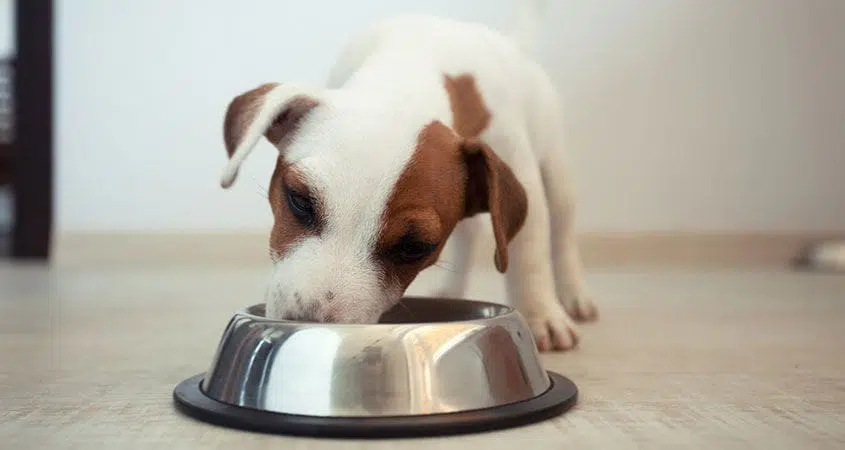
Teething
Between four to six months of age, the permanent teeth appear and grow rapidly. Introducing puppy-specific chew toys and healthy chewable treats can alleviate “teething” issues and train your pet’s attention away from gnawing on household items – the global Veterinary Oral Health Council lists dental products that meet standards for safety and reducing plaque/tartar.
Bones and raw meat are not recommended as they can break teeth and cause internal blockages, raw bones also carry bacteria that can make both animals and humans ill. Read the article Should I feed my dog bones? for more information.
If you do choose to offer bones to your puppy, they should always be raw and introduced gradually. The bone must be large enough so that the puppy cannot fit the whole bone in their mouth or swallow the bone whole. Avoid large hard marrow bones, T-bones, ‘chop’ bones (e.g., lamb cutlets), large knuckle bones or bones sawn lengthwise. Ask your butcher for non-bone chewy alternatives such as cow hearts.
You should always supervise your puppy when they are eating raw bones.
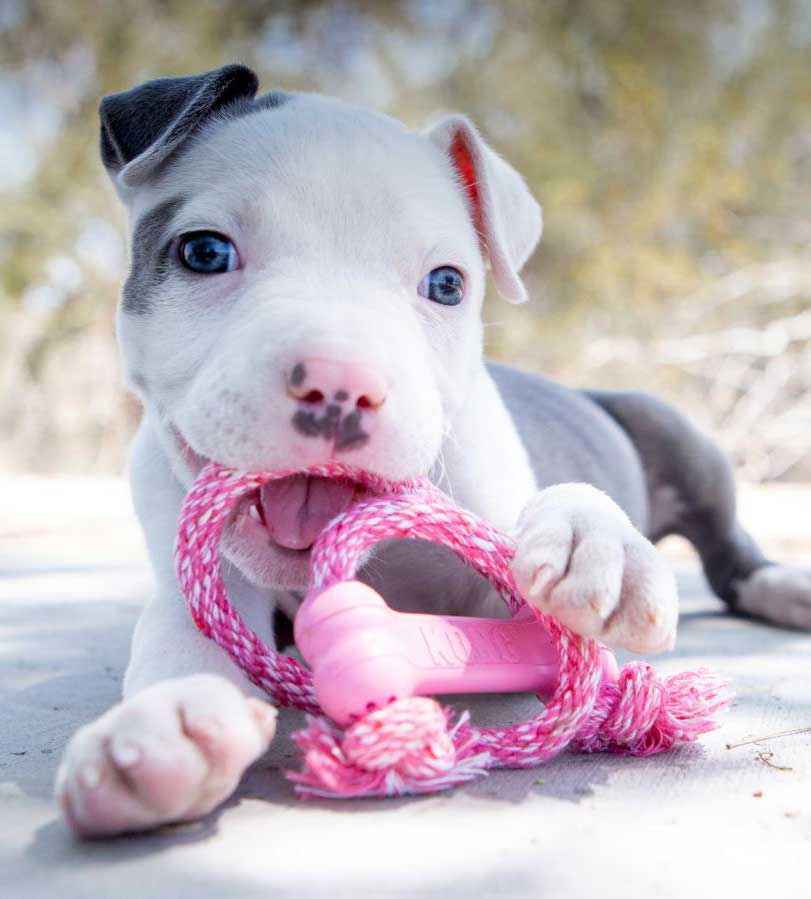
Other puppy foods
Cooked meat such as boiled chicken or lamb may be offered occasionally, but ensure there are no cooked bones, onions/onion sauces or other toxic substances present (see below).
As mentioned above, raw meat and bones carry bacteria that can make both animals and humans ill and so are not recommended. However, if you do decide to feed your puppy any raw meat or raw bones, we recommend you choose only human-grade raw meat and bones. You should avoid raw meat products marketed as pet food (pet meat/pet mince/pet rolls and bone products), sausages, sausage meat and cooked manufactured meats as they can also contain sulphite preservatives. There have been many pet food safety incidents linked to sulphite preservative-induced thiamine (Vitamin B1) deficiency, which can be fatal. See this article for more information.
Tinned sardines in spring water, tinned tuna and tinned salmon may also be offered as a treat occasionally (take care with any fish bones). Fish should not be fed constantly.
A small amount of finely-cut vegetable matter may be offered, such as cooked pumpkin or carrots.
Provide access to grass (avoid chemically treated grass and toxic plants). Puppies will sometimes eat grass which may be a source of vegetable matter and micronutrients.
Calcium powder supplements should not be given (unless directed by a veterinarian).
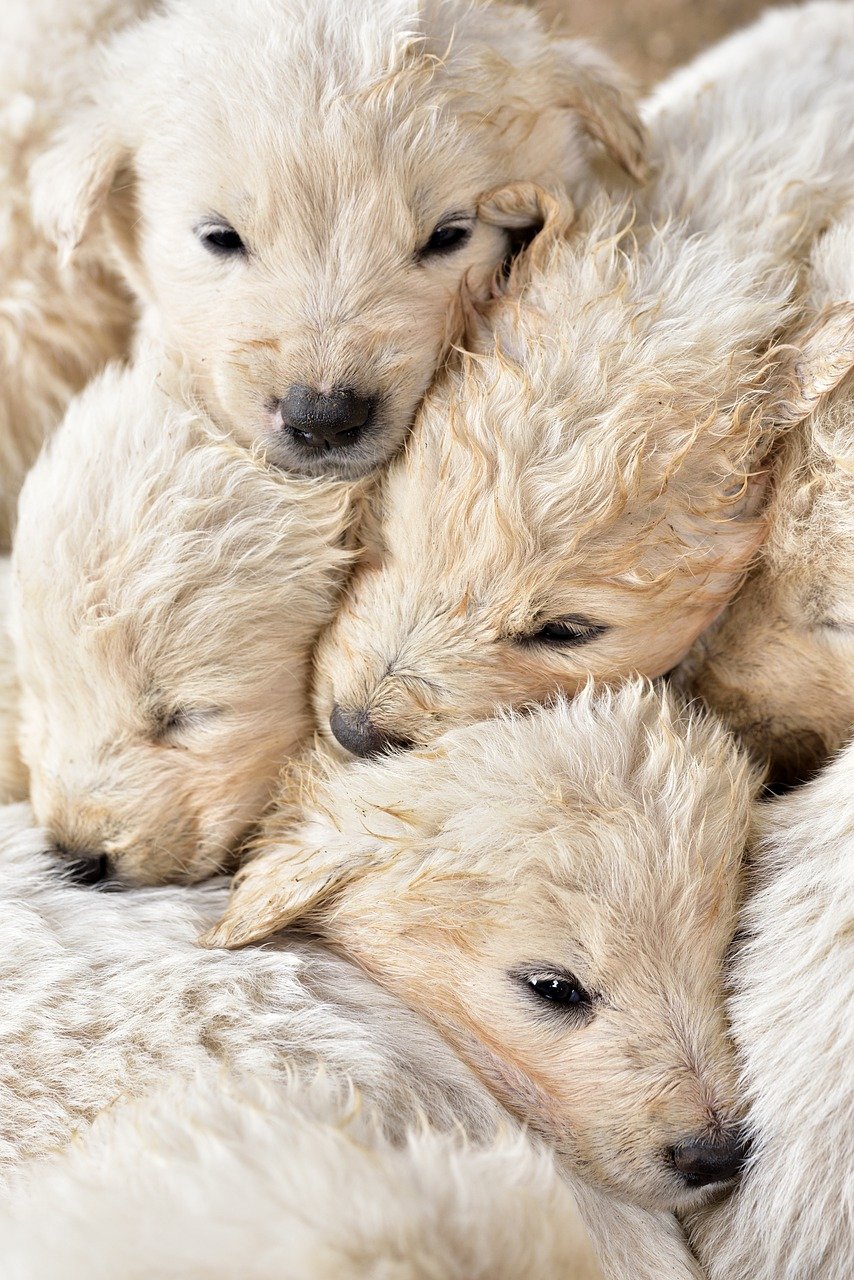
Toxic foods for puppies (and all dogs)
Do not ever feed the following substances as they are toxic to dogs (note this is not a complete list):
Alcohol, onions, onion powder, garlic, chocolate, coffee or caffeine products, mouldy or spoiled foods or compost, avocado, bread dough, yeast dough, grapes, raisins, sultanas (including in Christmas cakes etc), currants, nuts (including macadamia nuts), fruit stones or ‘pits’ (e.g. mango seeds, apricot stones, avocado stones), fruit seeds, corncobs, green unripe tomatoes, mushrooms, cooked bones, small pieces of raw bone, fatty trimmings/fatty foods, salt, and roughly-cut vegetables.
Also ensure your puppy doesn’t have access to string wrappings around rolled roasts or absorbent pads found under meat when wrapped on trays.
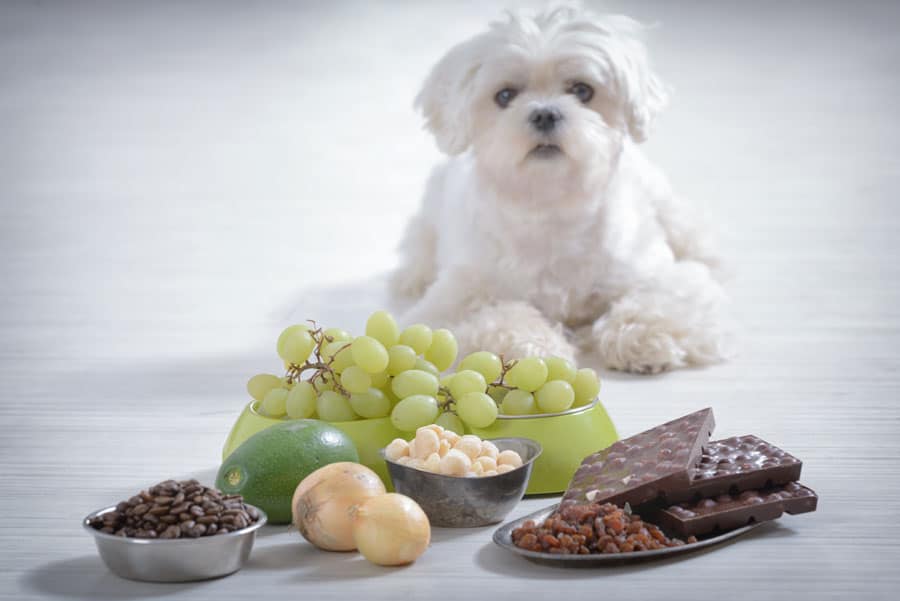
Puppy training
Early socialisation and training are essential. Owners should proactively socialise their puppies and dogs.
Puppies have a ‘critical socialisation period’ between about 3-17 weeks of age.
Puppy preschool is highly recommended as a starting point.
Classes are usually available through veterinary clinics for puppies from 11-12 weeks of age.
You can also take your puppy to meet with the puppies and dogs of your friends and family, either at your house or their house.
But you should make sure that the other dogs and puppies are friendly, healthy and up-to-date with their vaccinations.
Training methods for puppies and dogs should be based on positive reinforcement and using the dog’s natural instincts.
Aversion therapy and physical punishment must not be used in training programs because of the potential for cruelty.

Exercise & play
Digging holes in the garden, wrecking plants and pulling washing off the line are all symptoms of frustrated and bored dogs.
Dogs need an outlet for their energy and this is best channelled into exercise and play. Dogs need regular exercise, at least once a day for most dogs.
Forms of exercise can include walks, off leash runs and structured play. Ideally, dogs should be taken to council designated areas where they can be safely let off the leash.
All exercise should be supervised and the dog kept within calling distance.
Dogs should always be under the control of the owner, either physically via a leash or by verbal command. If you know that your dog does not respond to your instructions it is unwise to let him off leash.
A large back-yard will offer the opportunity for some exercise but this is not a substitute for regular walks where your dog has the opportunity to socialise with other dogs and with humans.
Dogs should not be exercised immediately before or after eating as it can cause problems such as bloat (which can be fatal), particularly in deep-chested dogs.
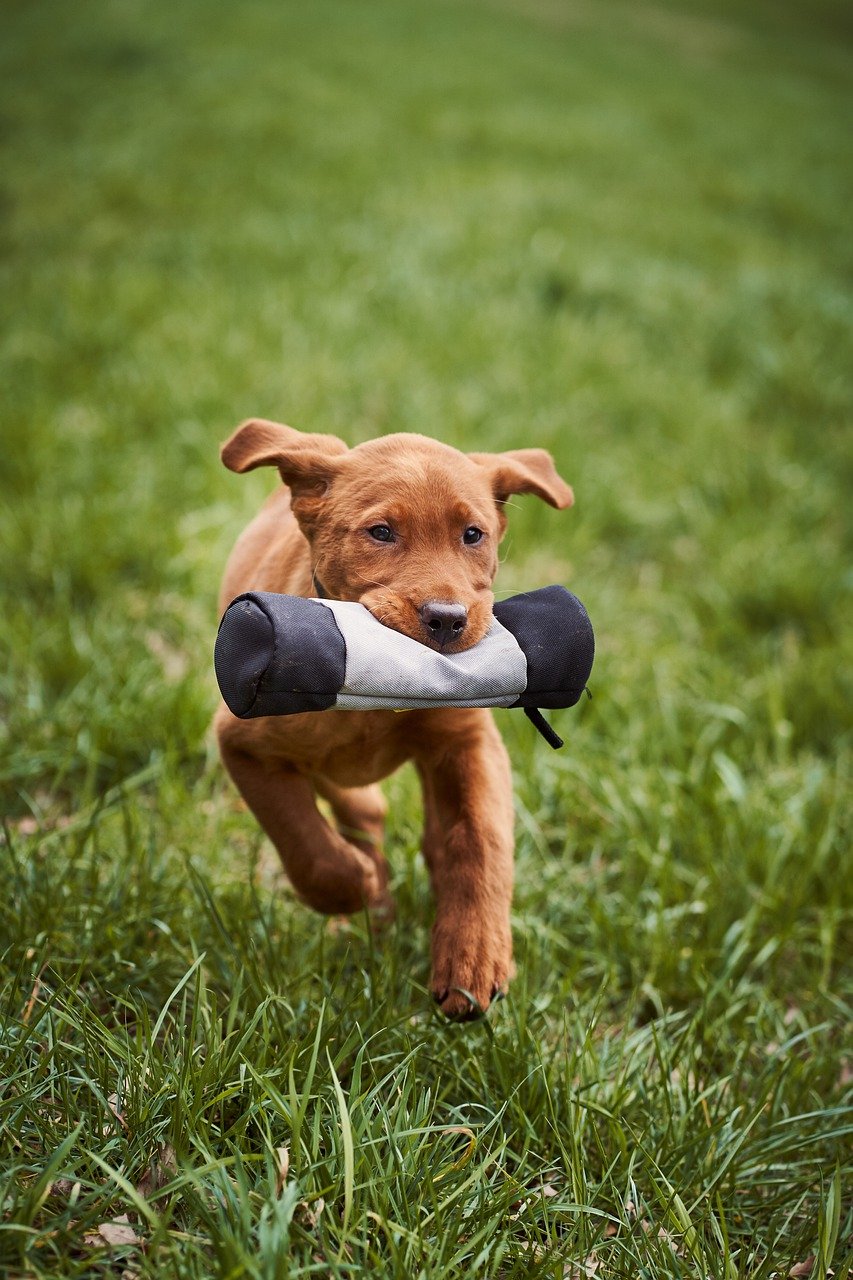
Bathing & grooming
Regular grooming is essential, particularly for long-haired breeds. It is best to establish this habit early in your dog’s life, so that grooming is an enjoyable bonding activity and part of their routine. Grooming removes dust, dead skin, loose hairs, grass seeds and tangles. It also reduces the amount of fur shed during the autumn and spring moult.
Dogs should be bathed when necessary using a shampoo specifically prepared for dogs. Using a flea control shampoo and a flea rinse, particularly in the summer, will also help control fleas although there are now a number of options for this problem. When bathing a dog in cooler weather, towels or a hair dryer can be used to remove excess water and assist in drying the coat.
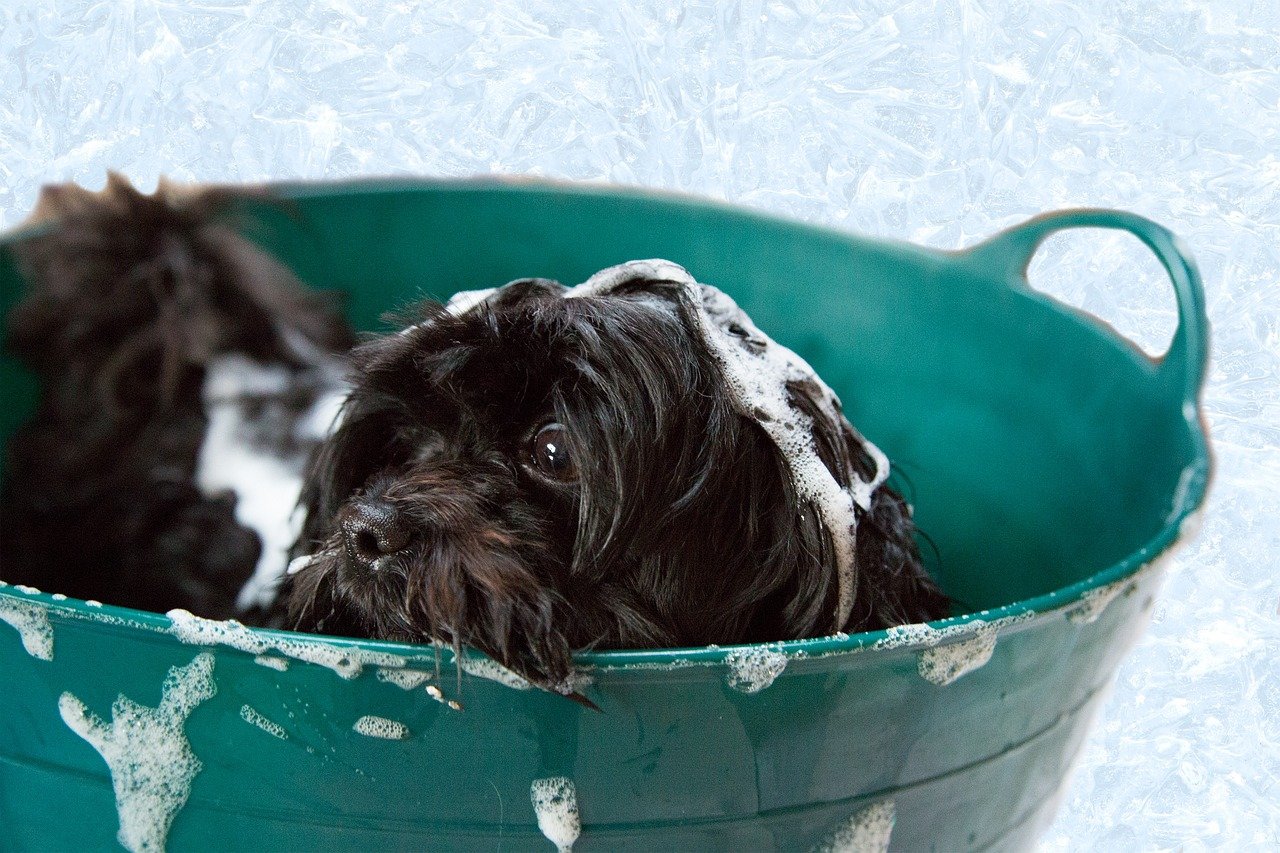
Boarding
If you are away from your home for any extended period of time you must make arrangements for the care of your dog.
Most owners place their dogs in a boarding kennel. In choosing a boarding kennel it is recommended that you visit the establishment first to check that the accommodation, exercise area and staffing are appropriate for the needs of your dog and that the environment is clean and secure.
Most boarding kennels will only accept dogs which have been properly vaccinated and will require proof of vaccination.
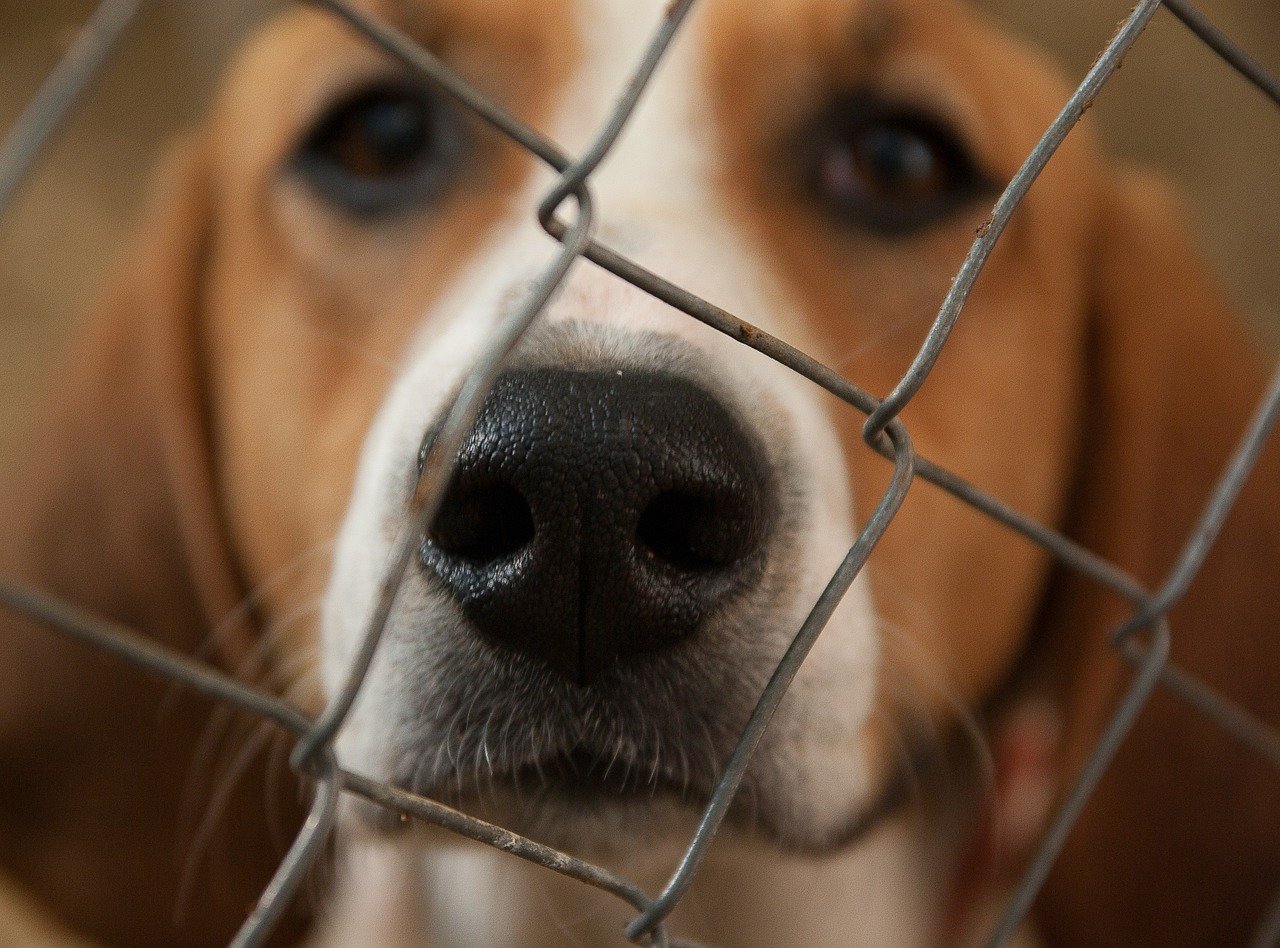
Microchipping
A microchip provides a permanent identification tool for your pet. The microchip is embedded with a code unique to your pet and is the most effective form of permanent identification. Your details are linked to the microchip number so that you can be re-united with your loved one. All lost pets are scanned by veterinarians, animal shelters or council pounds for a microchip.
The tiny chip is inserted under the skin on the back of the neck with a needle. It can be performed in a consultation and requires no anaesthetic. Microchips became compulsory for all dogs in Tasmania in July 2011. All dogs over the age of six months must be micro-chipped and registered with a council.
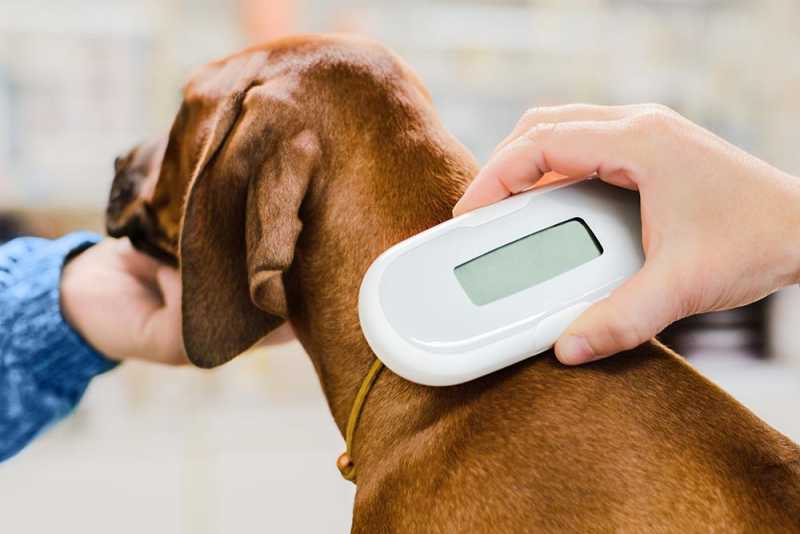
Veterinary care
Your dog will require annual visits to the vet for vaccinations, boosters and general health checks. Your vet can also advise you about flea, tick and worm prevention.
If your dog is not already desexed you should have this done as soon as possible to prevent the birth of any unplanned, unwanted puppies.
Early desexing reduces the likelihood of health conditions such as mammary cancer and enlarged prostate glands later on in life.
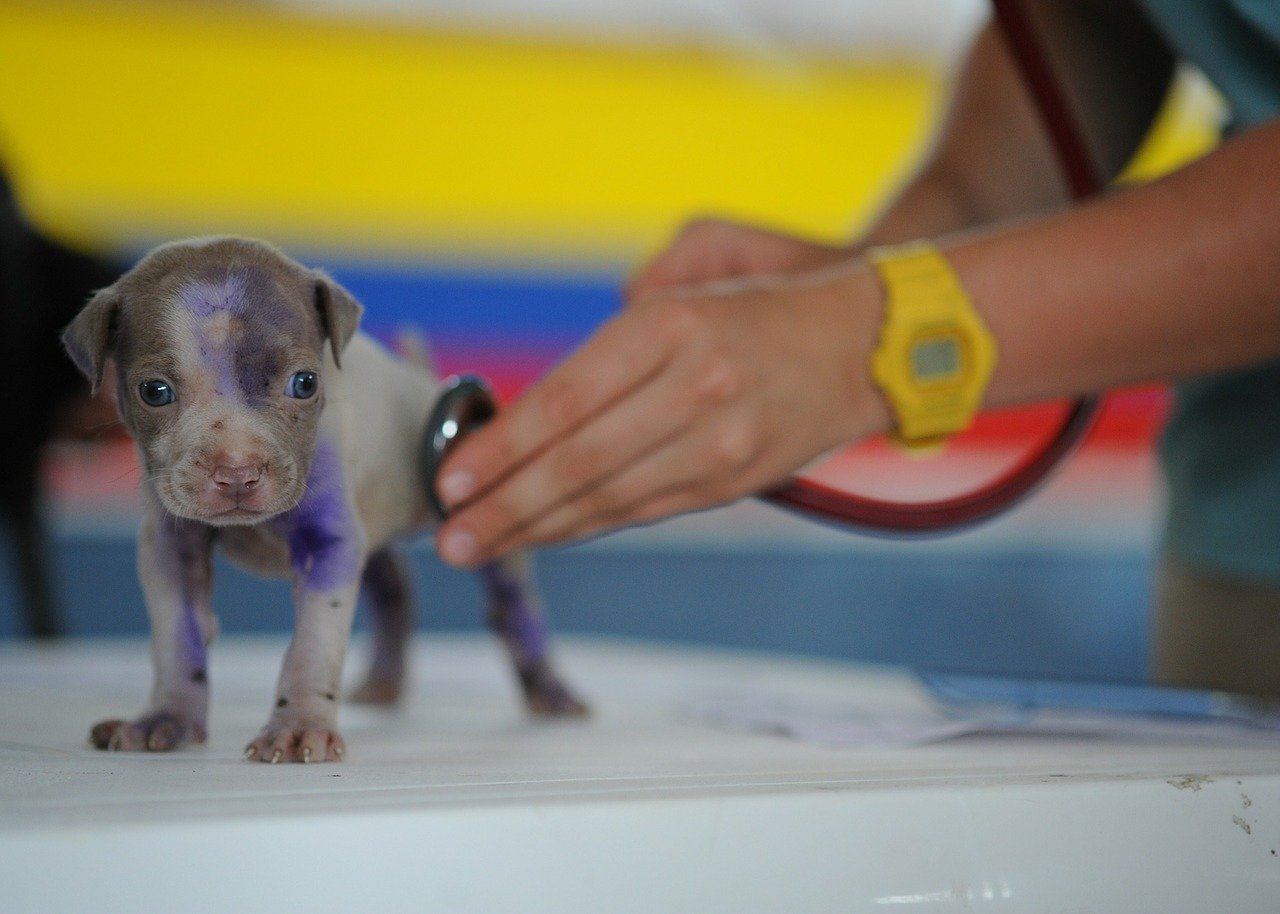
Separation anxiety
Dogs are an integral part of family life. They spend most of their time with us in the home and also join us on holidays and family outings. For this reason, many dogs find it difficult to be left alone for long periods. They are so used to our company that they struggle to cope when we leave for work, school or shopping. Not knowing what to do, dogs often turn to vocalisation and destruction to relieve their stress. There are things that you can do to help teach your dog that it’s OK to be alone.
These things can begin as soon as you bring your new dog home. As with most problems, prevention is better than cure. Following a few simple steps will help your dog be a happy, well-settled member of the family.
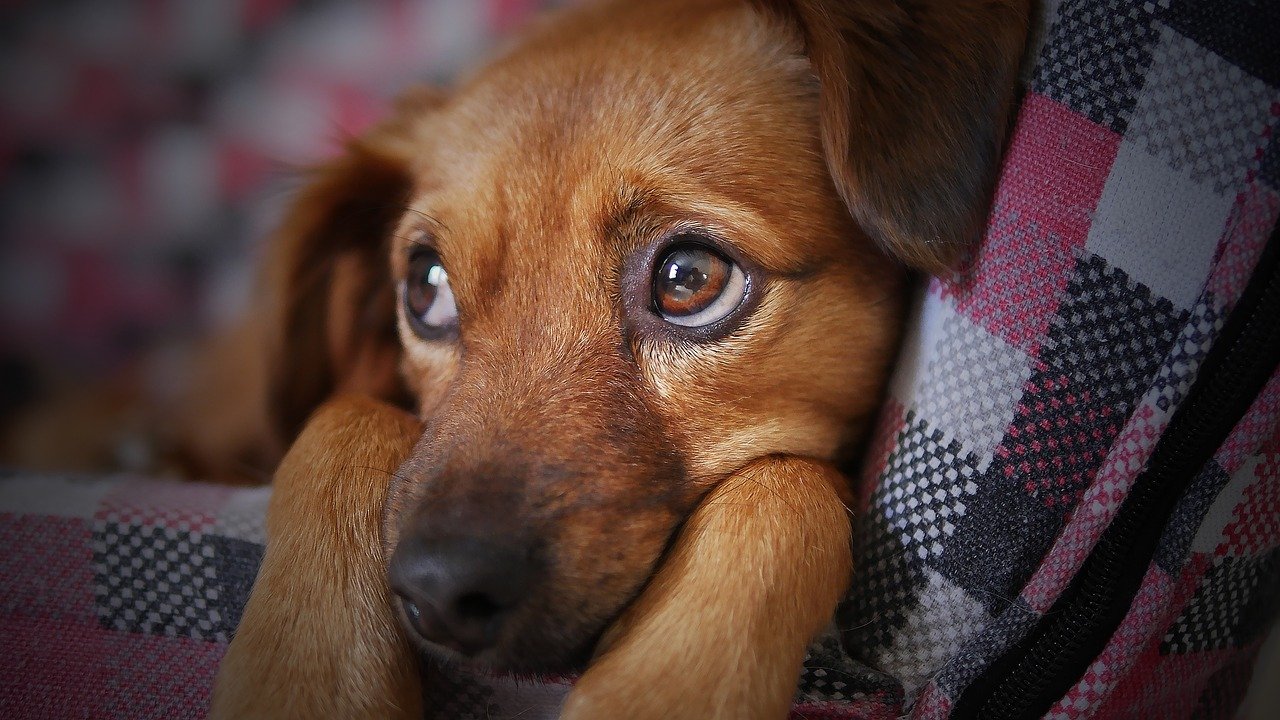
Create a safe place for your dog
Dogs of all ages need to have their own ‘safe haven’ where they can escape to. This is usually in the form of a puppy pen (for very young dogs) or crate. Whenever you are unable to watch your dog for a short period of time, put it in the crate. Make sure your dog will view the crate as a great place to be. Fill it with treats, toys and other goodies. You can help your dog get used to the crate by letting it eat its dinner in there. Giving it something to chew on is also a good idea.
If a crate is unsuitable for your dog, a mat or bed will make a great alternative. The idea is to teach your dog that wonderful things happen when you are not there and that they do not need to follow you from room to room. This is also an effective tool for toilet training because dogs do not like to go to the toilet where they sleep.
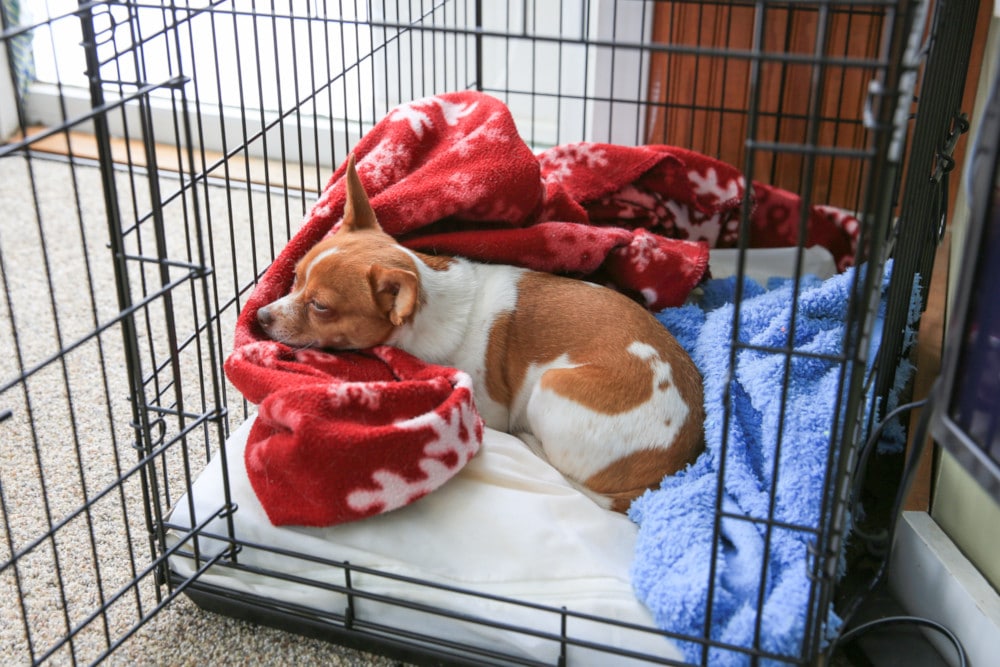
Spending time outside is fun
As much as we love having our dogs with us, it is just as important to teach them that being away from us is great too.
If you have taken some time off to care for your new dog or are on holidays, now is a great time to start doing this, as life will eventually return to normal and your dog will need to be able to cope on its own.
Even if someone is home most of the time, teaching your dog to spend time on its own will greatly reduce the chances of vocalisation and destructive behaviour when you are not around.
You need to make sure that your dog will have fun when spending time outside. Take goodies, such as treats, toys and bones, and hide them in the yard.
When you let the dog outside it will enjoy the stimulation and pleasure of looking for and finding the goodies.
Toys will make the yard even more fun for the dog. It is better to have one or two toys in the yard and rotate them daily, rather than having ten toys that are always the same. Remember to reward calm behaviour.
If the dog is whingeing to come back inside, it is best to ignore the behaviour and not give the dog any attention, negative or positive.
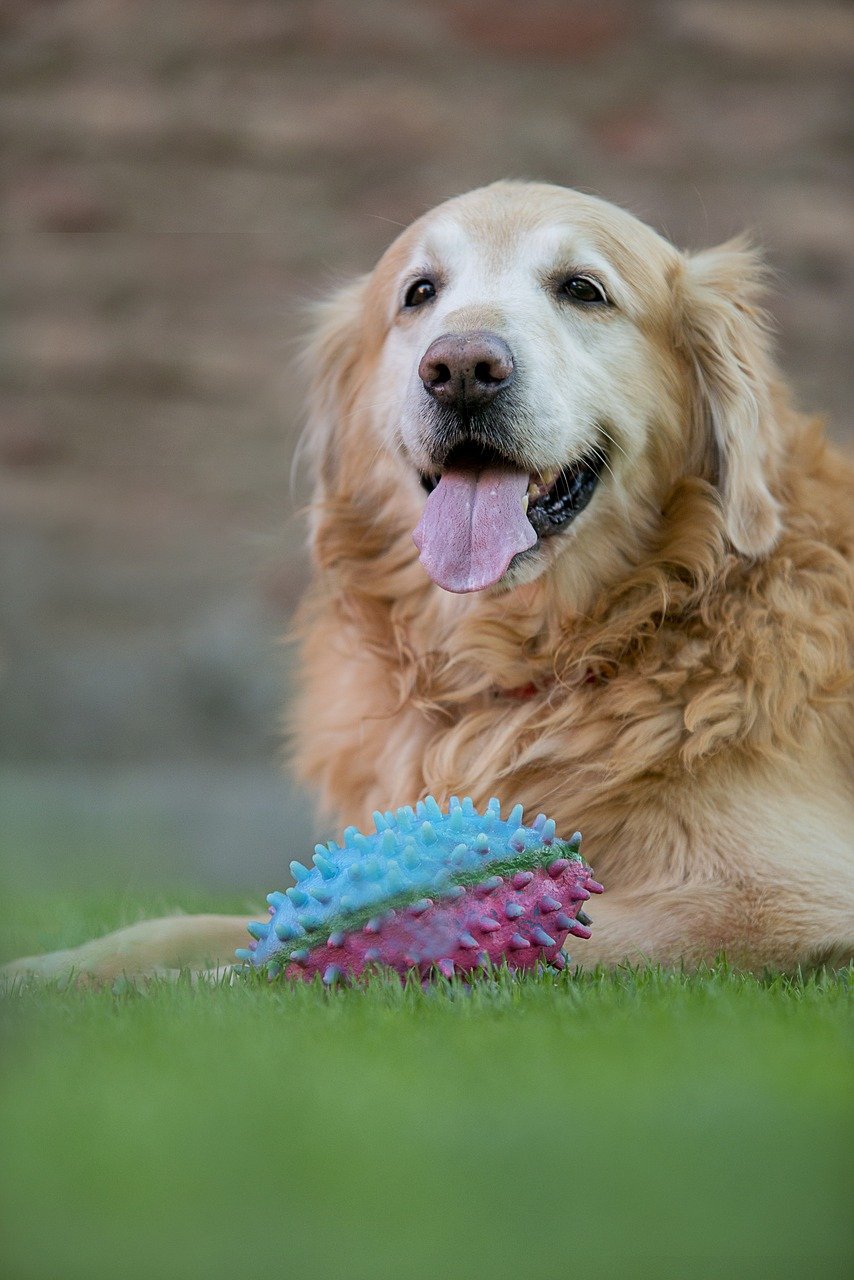
Our leaving home is no fanfare
When you leave your dog, it is important that you do not make a celebration of your departure or return. You may find it hard, but it is in the best interest of the dog. If you get your dog too excited about your comings and goings, it will think they have something to be worried about.
Before you go, set up the treasure hunt in the yard and let the dog out just as you are about to leave. When you get back, it is a good idea not to rush out and meet your dog straight away.
Have a cup of coffee first, pack away the shopping or tidy up a bit before you go out to see your dog. Make your greetings very low-key.
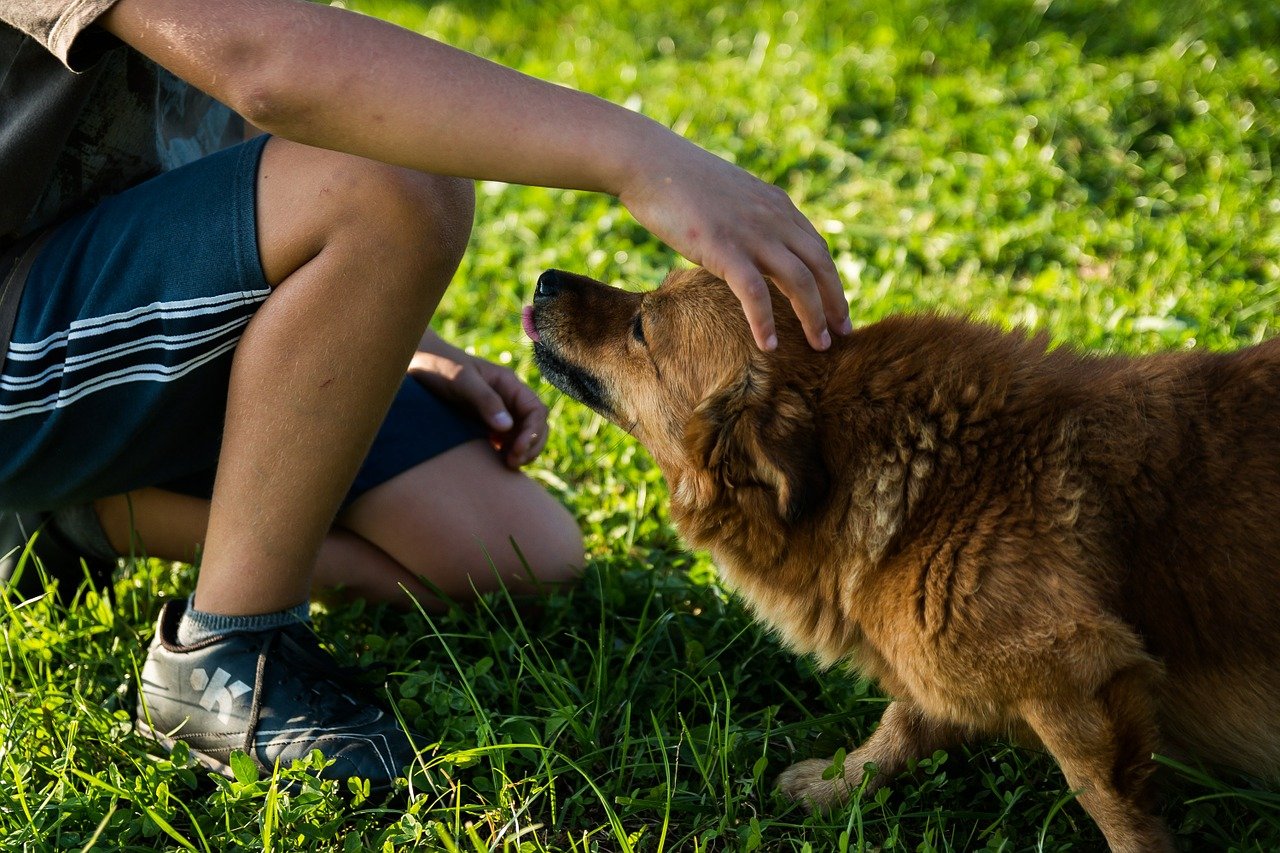
Other helpful tips
There are things you can do while you are at home to help your dog settle when you leave.
Regular exercise offers physical and mental stimulation for your dog and can help it settle while you are away, particularly exercise first thing in the morning. This will get rid of your dog’s excess energy and increase the likelihood of it sleeping while you are away. Regular training in basic obedience or tricks can also help settle your dog.
Like exercise, regular mental stimulation will provide your dog with an outlet for its energy so it will be more tired and relaxed while you are away.
